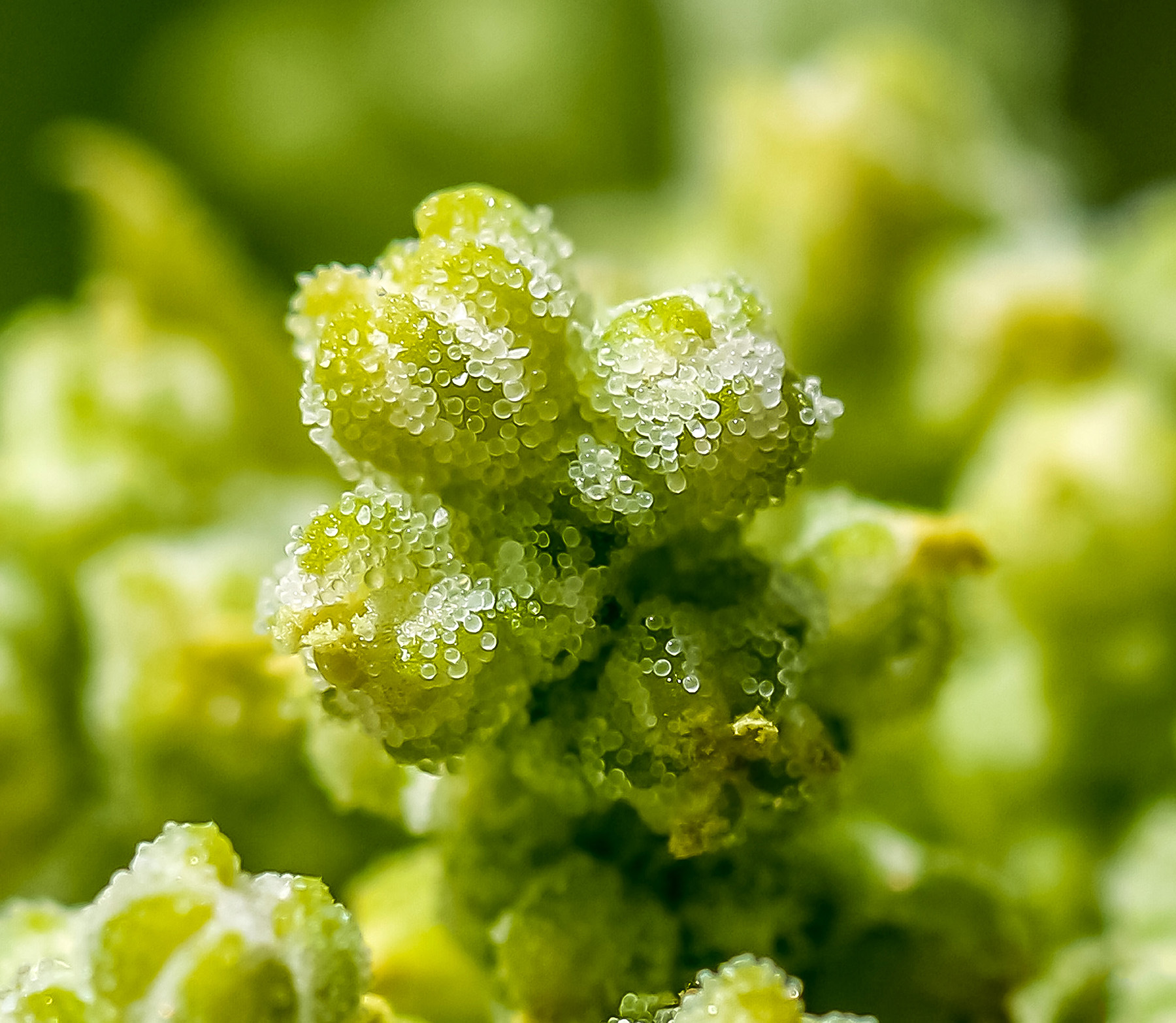

Faculty
Assistant Professor of Plant Science | Principal Investigator of the Stress Granule Lab
B2/R3276
Monika Chodasiewicz completed her PhD at the Max Planck Institute of Plant Physiology (Germany) in 2014. Her PhD research contributed significantly to the discovery of the oxygen sensing mechanism in plants, which was recognized by Sir Peter J. Ratcliffe in his 2019 Nobel lecture. She continued at Max Planck as a Postdoctoral Fellow in the group of Prof. Lothar Willmitzer and Dr. Aleksandra Skirycz, where she studied small molecule-protein interactions using novel methods in biochemistry. Chodasiewicz developed her research topic during this time, and formed her research group at the KAUST Center for Desert Agriculture in 2020 to continue it.
The Stress Granule Lab studies stress-specific complexes (biomolecular condensates) of small molecules, proteins, and mRNAs in plants. With the use of biochemistry, molecular biology, and cell biology, Chodasiewicz’s group studies membrane-less foci formed in plant cells under stress conditions. The second aim of the group is to discover the stress-specific components of desert plants which make them resistant to stressful environmental conditions by studying small molecule-protein complexes with biochemical methods combined with molecular biology. The team intends to build a map of stress-specific small molecule-protein complexes to further dissect the mode of action of stress specific complexes.